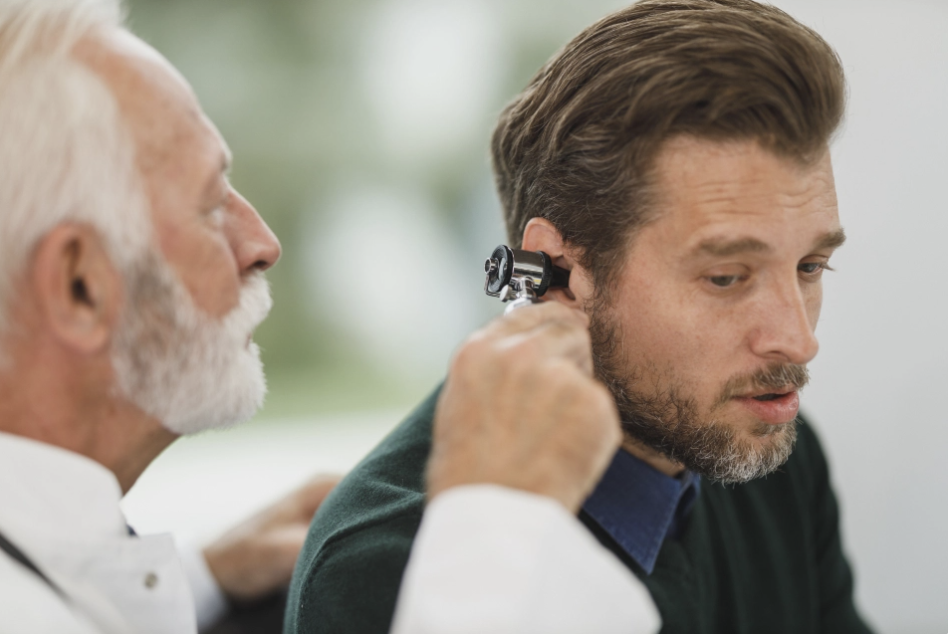THE EPOCH TIMES – Imagine hearing a constant ringing, buzzing, or roaring sound that no one else can hear. This is tinnitus—the perception of sound without an external source.
Tinnitus is not a disease in itself but a symptom of an underlying condition. It is common, affecting 10 percent to 25 percent of adults and even some children.
For many people, their tinnitus can only be managed, as the underlying cause is uncertain.
1. Cognitive and Behavioral Therapy (CBT)
Most current evidence-based clinical guidelines recommend CBT as first-line treatment, since it seems to be the most effective.
- Cognitive Therapy: Focuses on changing negative thought patterns related to tinnitus by teaching patients to adopt more positive, accepting attitudes.
- Cognitive Restructuring: Helps shift the belief that tinnitus deserves constant attention, promoting a more neutral response to the sound.
- Behavioral Therapy: Uses techniques such as systematic desensitization to reduce the emotional reaction to tinnitus.
- Mindfulness-Based Cognitive Therapy (MBCT): A 2018 study showed that MBCT significantly reduced tinnitus severity more effectively than relaxation-based treatments.
2. Sound Therapies
Sound therapies are based on the idea that tinnitus may result from changes in the brain’s neural circuits, often triggered by hearing loss.
Exposure to external sounds may help reverse these neural changes by masking tinnitus, helping people grow accustomed to the sound, or simply distracting them from it.
The devices used include:
- Tabletop or Smartphone Sound Generators: Also called maskers, they are typically used as sleep or relaxation aids.
- Combination Devices: Integrate both sound amplification and sound generation in a single ear-worn unit. They improve hearing while providing therapeutic background sounds to help manage tinnitus.
- Neuromonics Acoustic Desensitization Protocol: A specialized form of sound therapy that combines counseling with a body-worn sound processor and high-fidelity earphones delivering pleasant music, specifically filtered to match a person’s hearing loss profile.
3. Tinnitus Retraining Therapy (TRT)
TRT uses the brain’s ability to change (neural plasticity) to reduce the negative effects of tinnitus …



